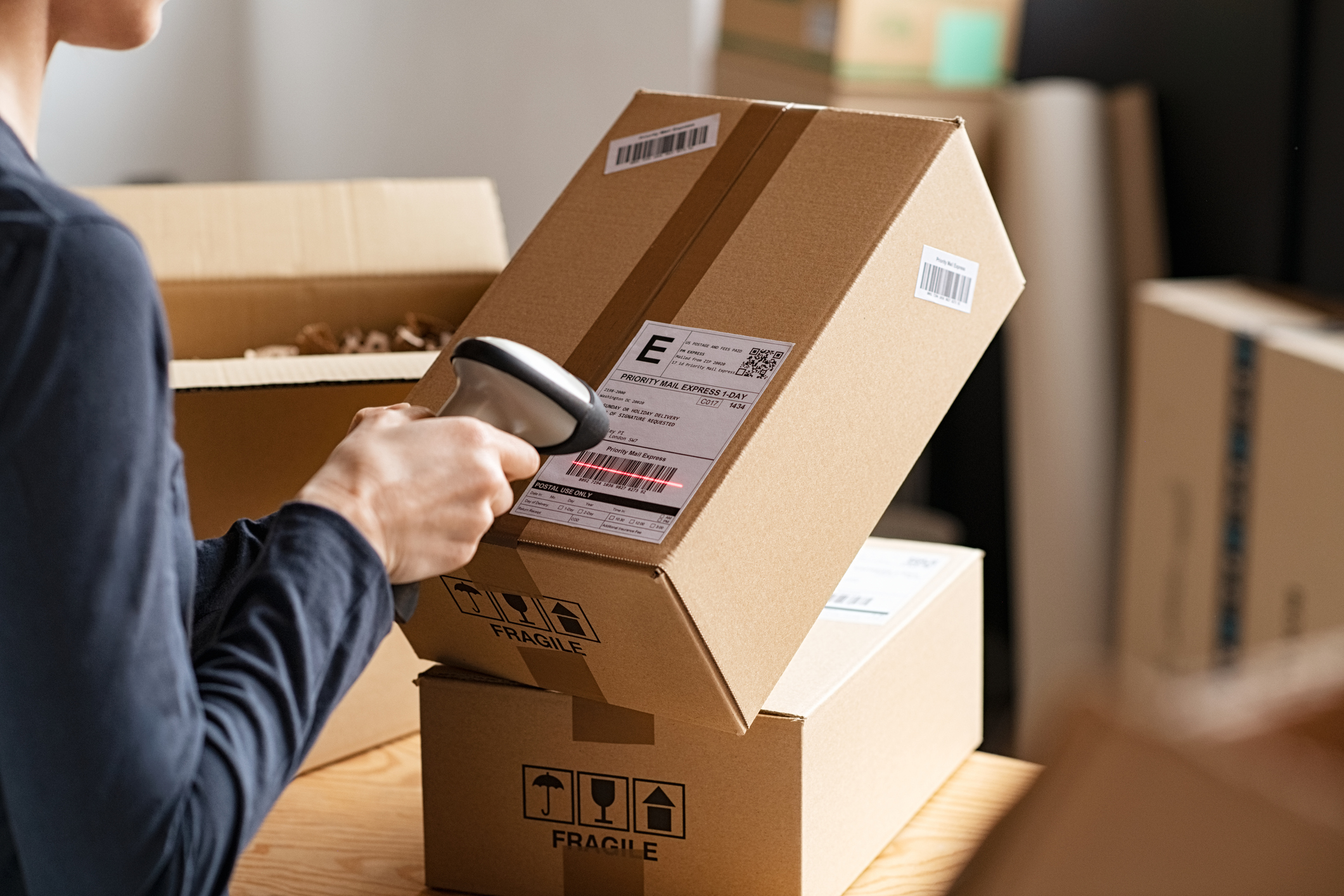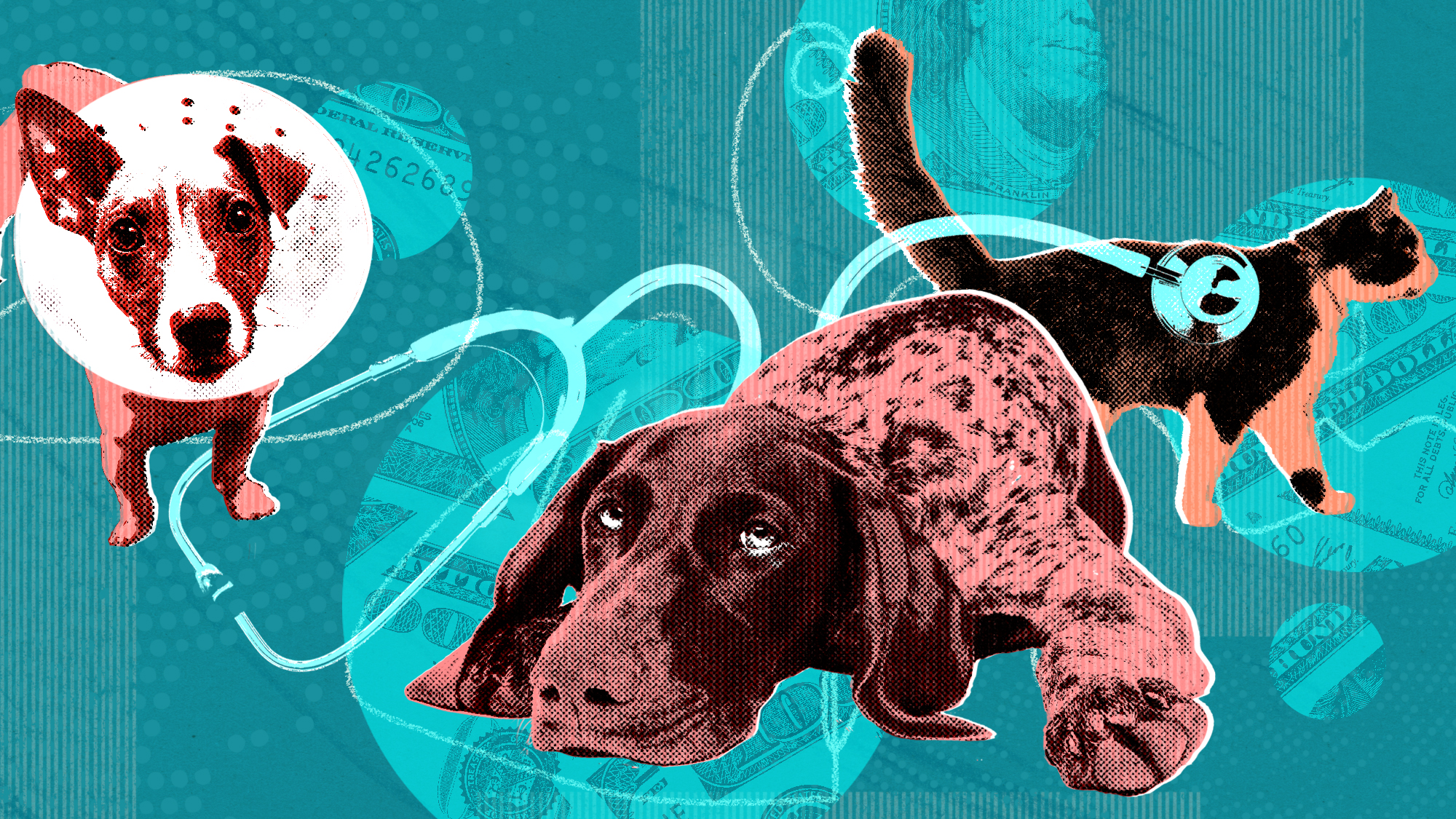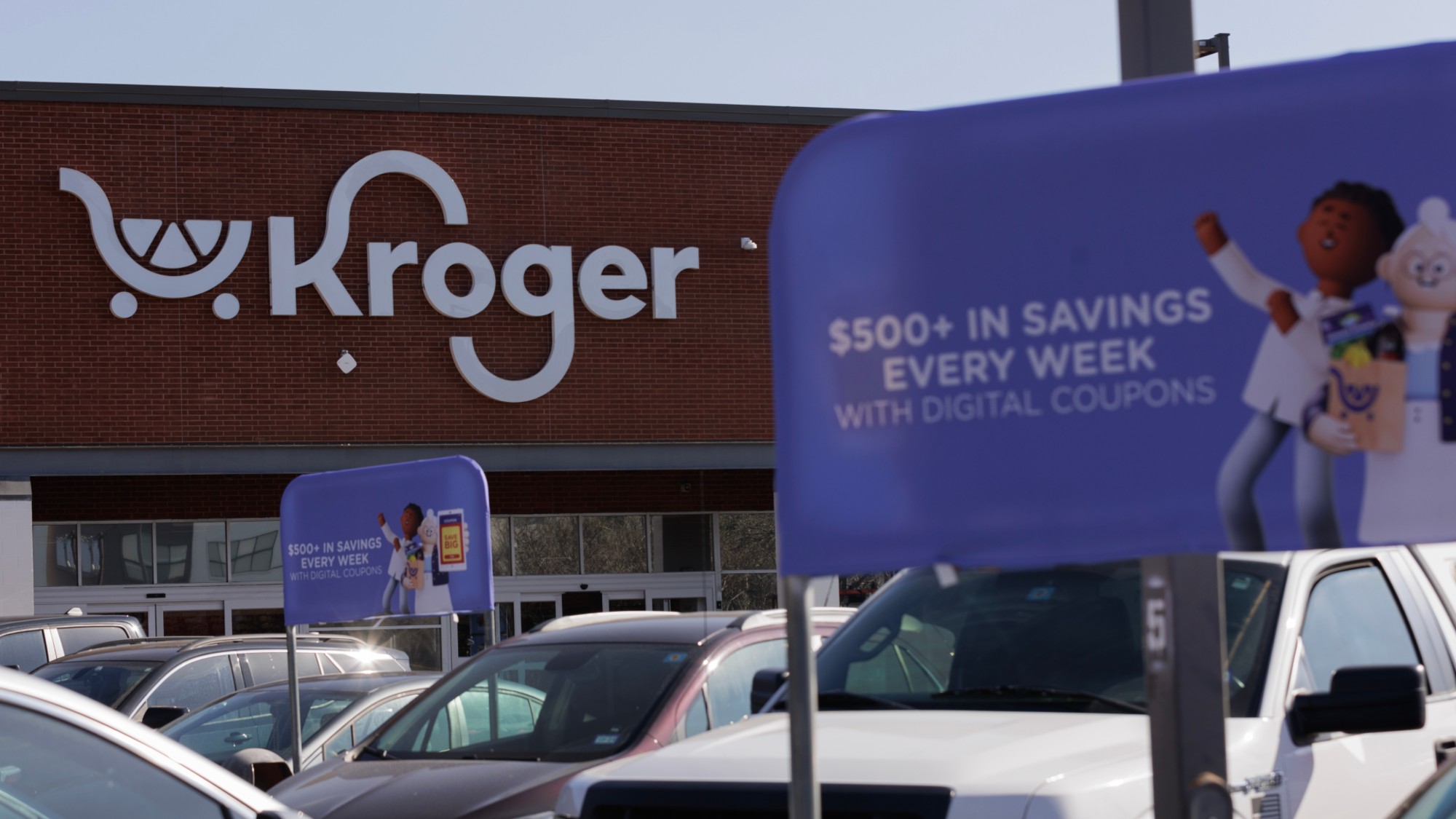Paying more for online returns
And more of the week's best financial insight

A free daily email with the biggest news stories of the day – and the best features from TheWeek.com
You are now subscribed
Your newsletter sign-up was successful
Here are three of the week's top pieces of financial insight, gathered from around the web:
SEC whistleblower payouts explode
These days it can pay to be a whistleblower, said The Economist. As of 2022, the Securities and Exchange Commission has awarded $1.3 billion to 328 financial tipsters since 2010 — most of that in the past three years. "Tips today pour in faster than the SEC can manage: It logged more than 12,000 in 2022 alone, more than quadruple the number it received in 2012." Payouts are reserved strictly for "whistleblowers who provide relevant information about corporate malfeasance that result in settlements or fines of over $1 million." The agency says tips have "helped it collect $6 billion from misbehaving companies." Be warned, though: Less than 0.5 percent of SEC tipsters get all the way to a payout. "About a quarter of all the money dispersed has gone to recipients represented by law firms that have hired former staff from the agency."
The screen thanks you for its tip
"Guilt tipping" has arrived at the self-checkout kiosk, said Rachel Wolfe in The Wall Street Journal. At do-it-yourself screens at airports, stadiums, and cafés across the country, customers are now noticing requests for a 20% tip. For what, exactly? It's not clear. "Business owners say the automated cues can significantly increase gratuities and boost staff pay." Square, which provides a large portion of the self-checkout technology, "says tipped transactions were up 16 to 17% at restaurants in the fourth quarter." But customers say it is "emotional blackmail" when the help-yourself beer fridge at a baseball game pings for a gratuity. Tipping researchers point out that "protections to tipped workers in the federal Fair Labor Standards Act don't extend to machines," so your generosity might not even reach human employees.
The Week
Escape your echo chamber. Get the facts behind the news, plus analysis from multiple perspectives.

Sign up for The Week's Free Newsletters
From our morning news briefing to a weekly Good News Newsletter, get the best of The Week delivered directly to your inbox.
From our morning news briefing to a weekly Good News Newsletter, get the best of The Week delivered directly to your inbox.
Paying more for online returns
Retailers are quietly tweaking their policies to make returns more challenging, said Amanda Mull in The Atlantic. "Kohl's, the suburban mecca of affordably priced clothes and housewares, now charges for return shipping, as does REI." Even Amazon has begun charging customers $1 for dropping off returns at a UPS store. "According to one estimate, a single return can cost a retailer $10 to $20 before the price of transporting it back to the warehouse is even factored in," so it makes sense that stores are tightening their policies. Check the fine print: Many retailers are now saying you can't return items at all if they were bought at a discount.
This article was first published in the latest issue of The Week magazine. If you want to read more like it, you can try six risk-free issues of the magazine here.
A free daily email with the biggest news stories of the day – and the best features from TheWeek.com
-
 The Olympic timekeepers keeping the Games on track
The Olympic timekeepers keeping the Games on trackUnder the Radar Swiss watchmaking giant Omega has been at the finish line of every Olympic Games for nearly 100 years
-
 Will increasing tensions with Iran boil over into war?
Will increasing tensions with Iran boil over into war?Today’s Big Question President Donald Trump has recently been threatening the country
-
 Corruption: The spy sheikh and the president
Corruption: The spy sheikh and the presidentFeature Trump is at the center of another scandal
-
 Trump wants a weaker dollar, but economists aren’t so sure
Trump wants a weaker dollar, but economists aren’t so sureTalking Points A weaker dollar can make imports more expensive but also boost gold
-
 The longevity economy booms as people live longer
The longevity economy booms as people live longerThe Explainer The sector is projected to reach $27 trillion by 2030
-
 Texas is trying to become America’s next financial hub
Texas is trying to become America’s next financial hubIn the Spotlight The Lone Star State could soon have three major stock exchanges
-
 How could worsening consumer sentiment affect the economy?
How could worsening consumer sentiment affect the economy?Today’s Big Question Sentiment dropped this month to a near-record low
-
 Musk wins $1 trillion Tesla pay package
Musk wins $1 trillion Tesla pay packageSpeed Read The package would expand his stake in the company to 25%
-
 From candy to costumes, inflation is spooking consumers on Halloween this year
From candy to costumes, inflation is spooking consumers on Halloween this yearIn the Spotlight Both candy and costumes have jumped significantly in price
-
 Rising costs are making it harder for people to afford pets
Rising costs are making it harder for people to afford petsUnder the Radar Shelters are filling up as a result
-
 Grocery stores under fire for overcharging during cost-of-living crisis
Grocery stores under fire for overcharging during cost-of-living crisisThe Explainer A recent investigation has put the spotlight on Kroger, but it is not the only chain being pinpointed